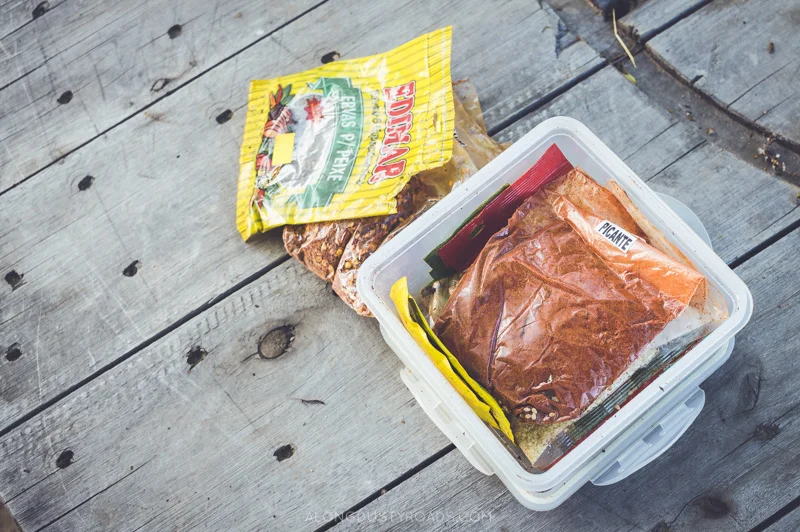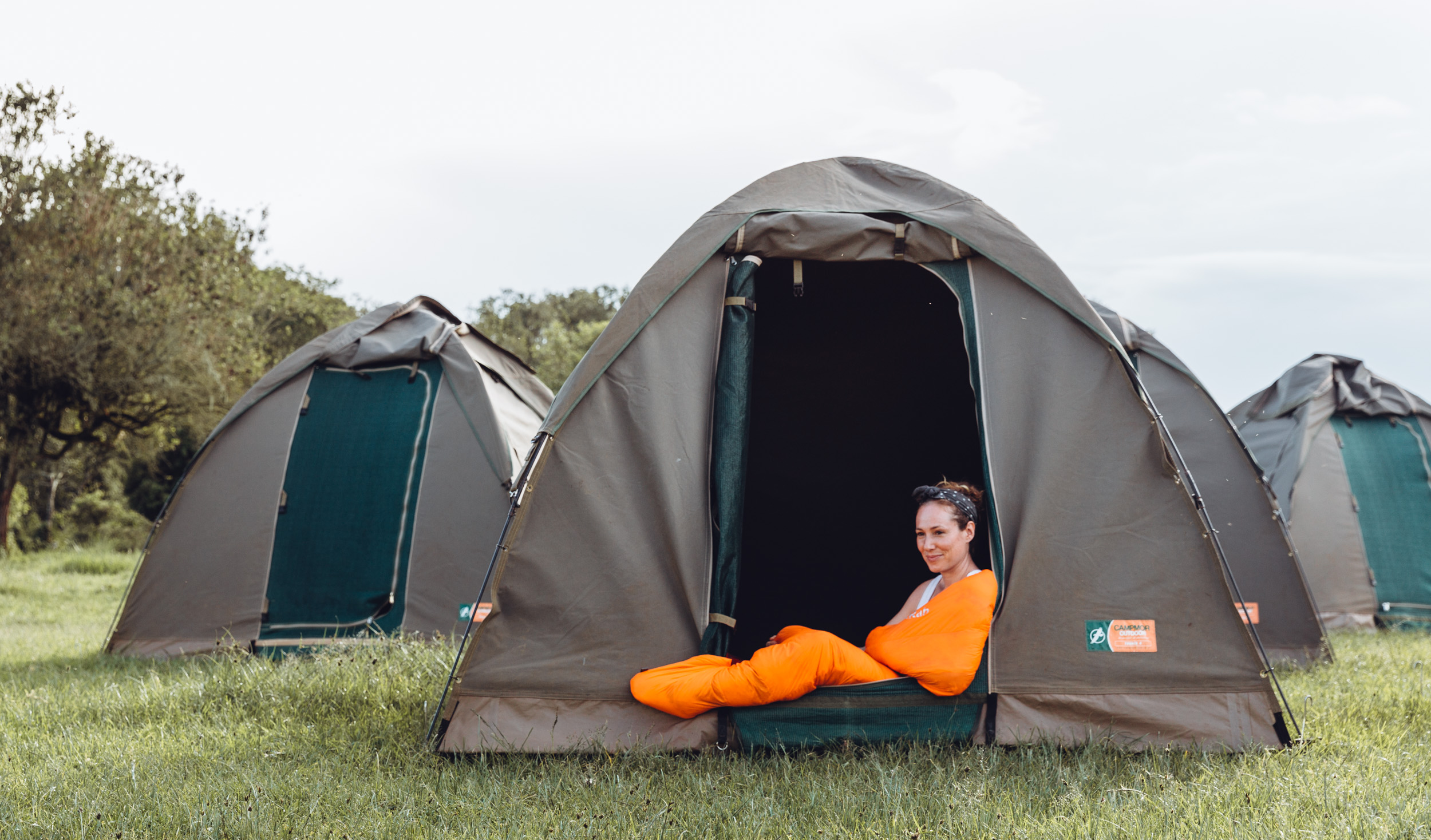Hostel cooking is going to form an essential part of the daily routine for every budget backpacker in Latin America.
Although there are some exceptions, the food on offer in this part of the world can be monotonous and uninspiring; south east Asia it certainly ain't. On the whole, it also isn't that cheap to eat out and wantonly visiting a restaurant every day is going to quickly eat into your travel funds.
So, take it from us (we track all our costs on this two year adventure) that cooking a high proportion of your meals in your hostel is one of the best ways to make your money stretch further. For vegetarians or vegans, it's also likely to be a choice out of dietary necessity (there are only so many meals of corn tortillas, rice, beans and hot sauce that one can tolerate). We try to stick to a principle of 80% of meals in the hostel, 20% out but for those of you on a short-term trip, that ratio should probably become more like 65% to 35%.
the trouble with hostels
We were used to having a large, well-stocked kitchen at home, with all manner of exciting condiments, fresh herbs, exotic spices and a number of over-priced Wholefoods goodies. But living in hostels means we usually don't have very good kitchens. Sometimes, we've had to make do with only one fork, one dirty battered pan sin handle and a few dirty cracked plates. If we happened to stay somewhere much better equipped, we rarely had the essential ingredients to make anything terribly exciting. You're lucky if communal salt and pepper are provided, and it can be a pain to venture out to the supermarket every time to buy a new pack of herbs.
For the first few months of this trip we were stuck in a rut. Pasta and rice, with a random assortment of flavourless vegetables all drowned in hot sauce. We got bored. And fat. Even if the beer isn't being drunk like water, It is no wonder that most of us will come home a few pounds heavier.
Spicing up our lives
So, we put our heads together and found a solution - not necessarily a terribly original one, but a good one nevertheless.
We made ourselves a spice box.
Turns out, having a selection of common herbs and spices with you all the time can really make a difference to the quality and variety of your meals on the road. Add in fresh limes, garlic, coriander and chillis - plus the excellent selection of fresh produce over here - and suddenly the tastes of Thailand, India, Mexico and Italy are not so far out of our reach.
Now the box comes with us everywhere we go - it keeps the herbs all in one place, keeps the smells and spillages contained and doesn't take up much room in a backpack.
In each country, some spices or herbs were really difficult to come by (for example, basil in the north of South America and anything that isn't Italian themed in Argentina or Uruguay) , so we try to stock it up whenever we find a good supermarket or market stall. Soups, curries and comfort foods that taste like home are now a much more common occurrence and, from the fact that someone in every hostel kitchen is trying to mooch something from us to improve their own meal, it's clear that this is a useful addition to any packing list.
So, before you get on the plane - or if you're already travelling - get yourself some tupperware, get down to the supermarket and get the following. We promise you won't regret it!
spices
cumin powder
paprika
curry powder
cumin seeds
chili flakes
chili powder
dried herbs
oregano
basil
thyme
rosemary
mixed herbs
coriander
parsley
extras
salt
pepper
sugar
stock cubes
garlic salt
seasoning packets
other tips?
It's also worth having a supply of elastic bands to close up the open spice sachets.
The final piece of the hostel cooking jigsaw is oil. Again, some hostels will provide this but many don't. Although the cost of a bottle is cheap, it's annoying having to buy a new bottle in every city and it's a terrible waste to leave it behind.
Originally, we started to transport it with us but, following, some disasters with leaky bottles, that wasn't really ideal. We were also sick of having no option but cooking with cheap, unhealthy vegetable oil and craved olive oil.
So we now do the following: buy a bottle of olive oil, decant it (very carefully) into an old water bottle, screw the top on ridiculously tight, and bring it with us.




















